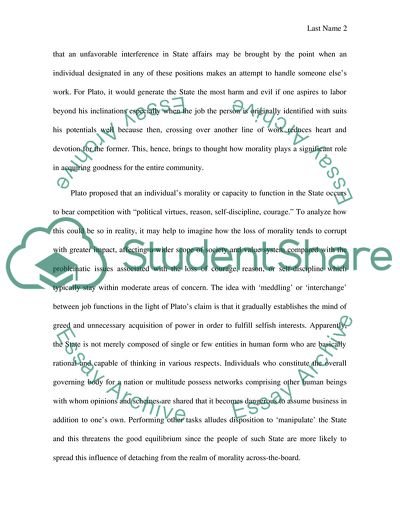Cite this document
(Book IV of Platos The Republic Report/Review Example | Topics and Well Written Essays - 1250 words, n.d.)
Book IV of Platos The Republic Report/Review Example | Topics and Well Written Essays - 1250 words. https://studentshare.org/philosophy/1789811-plato-the-republic-book-iv-432b-434c
Book IV of Platos The Republic Report/Review Example | Topics and Well Written Essays - 1250 words. https://studentshare.org/philosophy/1789811-plato-the-republic-book-iv-432b-434c
(Book IV of Platos The Republic Report/Review Example | Topics and Well Written Essays - 1250 Words)
Book IV of Platos The Republic Report/Review Example | Topics and Well Written Essays - 1250 Words. https://studentshare.org/philosophy/1789811-plato-the-republic-book-iv-432b-434c.
Book IV of Platos The Republic Report/Review Example | Topics and Well Written Essays - 1250 Words. https://studentshare.org/philosophy/1789811-plato-the-republic-book-iv-432b-434c.
“Book IV of Platos The Republic Report/Review Example | Topics and Well Written Essays - 1250 Words”. https://studentshare.org/philosophy/1789811-plato-the-republic-book-iv-432b-434c.


